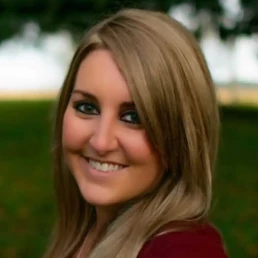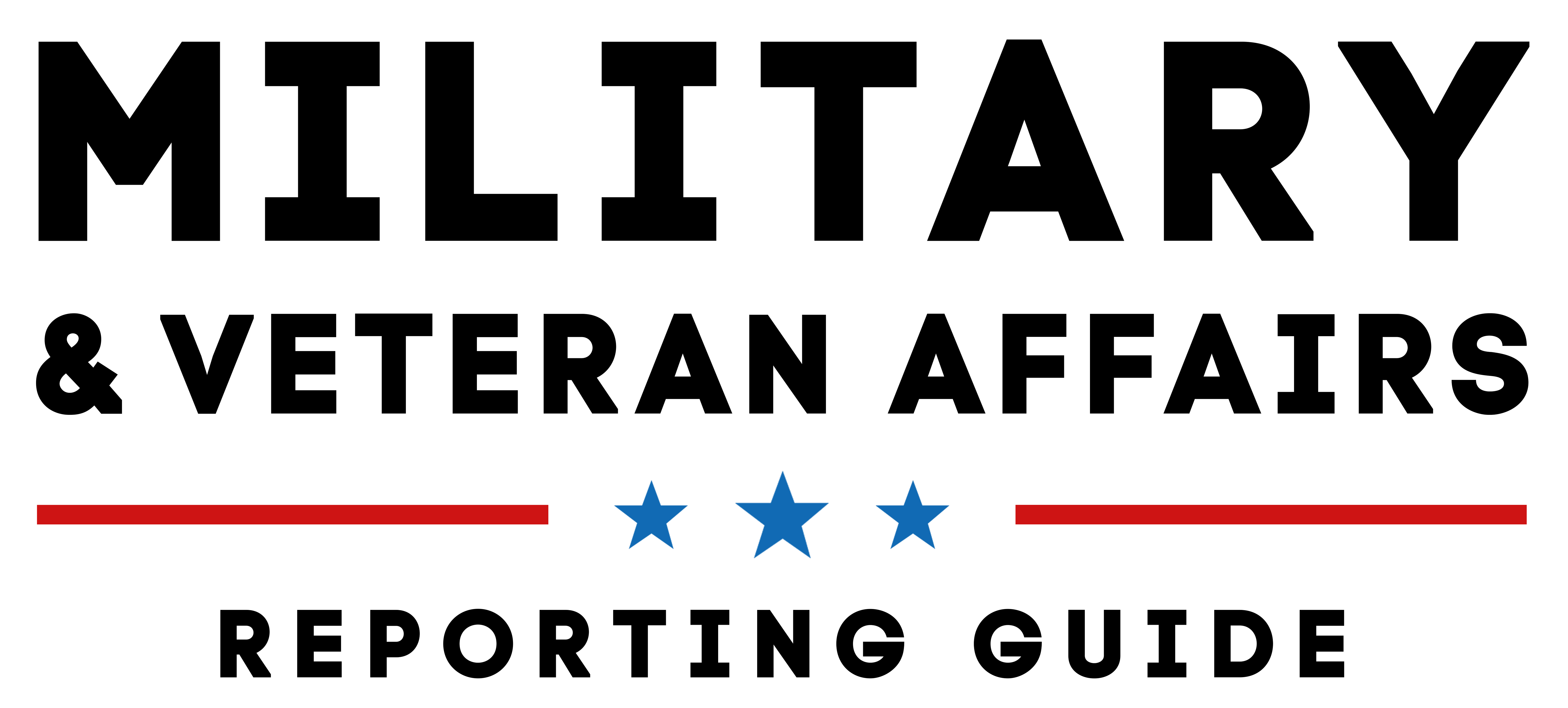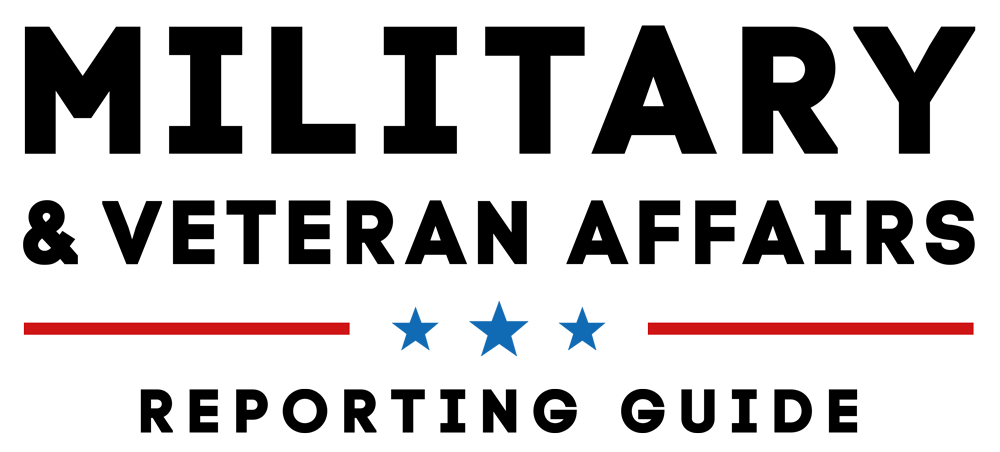I started my military journalism career with an internship at Fort Knox, Kentucky, writing about military service members and their experiences in uniform. When telling their stories, I used to say, “These guys want to be here, and that’s why I love telling their stories.” While I wasn’t trying to exclude women in that statement, I inadvertently did.
Seeing a woman was rare, but I didn’t notice that. Even when I myself joined the Army, I didn’t really take note of how many of us women there were. I was just there to serve and I was there to do it right.
In 2017, while serving as a public affairs specialist in the US Army’s 50th Public Affairs Detachment, I was assigned to cover a Women’s Equality Day observance.
Sgt. 1st Class Shaun Williamson, then the Equal Opportunity advisor for the 1st Brigade Combat Team, 3rd Infantry Division, told a crowd in a base event hall, “For being the year 2017 and still having to use the phrases of, ‘the first female commander,’ or ‘the first female Ranger School graduates,’ tells people how important and prevalent Women’s Equality Day still is.”
What Williamson said hit me like a ton of bricks. These events are rare. But, why? Shouldn’t women have broken through that barrier by now?
After listening to these words, I realized why I never paid much mind to the achievements of women in uniform. Military positions are open to all. The story should be that a new commander has taken charge, not the fact that the new commander is a female. Her comments opened my eyes to the fact that we should be beyond the firsts and launched into the highlighting of greatness.
Every first deserves the headline they receive. The women that follow in subsequent similar roles also need to make headlines – for the strengths and capabilities they bring to their units.
Hell, it’s been five years since she spoke those ever-so-true words and I still don’t think we’re beyond announcing ‘first women’ in for roles, positions, or achievements. It shouldn’t be an anomaly anymore.
It’s not that we as journalists and storytellers in mass media shouldn’t highlight women and their achievements. We absolutely should — but from Williamson’s perspective, why are these such huge headlines?
People can only read about so many ‘first female’ achievements before they accept that this is how the world is. Then they’ll pay attention to how she’ll effect change in her role or improve conditions under command rather than the sole fact that she is a woman.
Like Williamson, I also questioned the reason why we hadn’t broken through these sorts of headlines. There shouldn’t be many firsts left that women need to accomplish.
Even at that equality day observance in 2017, then Lt. Gen. Laura Richardson of US Army Forces Command said that the leaders she had along the way to mentor and coach her in the Army were “actually all men.”
“As professionals in the Army, it doesn’t matter if you’re a male or a female coach or mentor; we are professionals and we have the responsibility to train, coach, and mentor all of our Soldiers,” she said.
Women servicemembers and veterans are making achievements that are changing the world, and they’re not the only ones.
As media professionals, we simply need to give them proper coverage. Sometimes women don’t want to be singled out as the ‘first’ or ‘spearheading’ anything just because they’re a woman. At the same time, the coverage needs to happen. In a sea full of coverage about an event, no one person wants to be singled out for being different, unless that difference is that they’re rising above their peers for an exceptional capability or gift. If they’re the first, they don’t want to feel like they’re being made an example of. They want their story to be of excellence due to their efforts. A first is a first, and that is a headline, but it’s nothing for them to run home about. Their achievements are what got them there, and that’s how it needs to be highlighted.
Women vets and service members deserve news coverage for both the first and for the 100th time they’ve taken on a massive challenge and crushed it.
I recently asked a panel of Army women leaders at the Association of the United States Army 2022 convention, “How can we as media do a better job of including women in our coverage?” And the answer I got was basically, and I’ll paraphrase here, “Just do it.”
Interview the woman who is deploying because she’s there and she’s amazing – not as a representative of the women deploying. Interview the one who ran faster and got the highest scores. The coverage is deserving and we as media professionals are the ones to do it.
When I was in Kodiak, Alaska, about to hop on an MH-60T Jayhawk helicopter with US Coast Guard members,, a pair of female Coasties said to me, “Too bad they didn’t put the female reporter with the female pilots. That would have been cool.”
I hated to burst their bubble, but I did get put with a woman pilot. Not because she was a woman pilot, but because it was Thursday and that woman was a part of the on-duty crew that day. She didn’t get singled out. She was working her normal duty and I was on her aircraft. She flew us to rescue a teen boy from an island. I covered it and used her name and suddenly I had coverage of a woman in the Coast Guard in my reporting. She hadn’t been singled out, she was a member of that Air Station. I think that Williamson would have been proud.
When assigned a story about the military, it’s not that we should highlight just any woman. We need to make sure that we give the voice to the ones who are kicking ass every single day. They’re not out for recognition. They’re just looking to blend in, and that’s why we don’t see them. But, those women doing the damn thing are the ones that we need to tell the stories about. How did she get there? What drives her? Those very things can help aspiring servicemembers achieve excellence as well.
Do the story. Include the women. Give them the coverage. Not because we have to. Because they’re serving their country and everyone has got a story to be told.
Watch the video below for a more in-depth explanation on this topic

Noelle Wiehe
Noelle is an award-winning journalist from Cincinnati, Ohio, and reporter for Coffee or Die Magazine. Noelle joined Coffee or Die following a fellowship from Military Veterans in Journalism in the newsroom. She graduated from the University of Cincinnati with a bachelor’s degree in journalism and has strived to be a military journalist ever since her internships with the US Army Cadet Command in college. She worked as a civilian journalist covering several units, including the 75th Ranger Regiment on Fort Benning, before she joined the military herself and served as a public affairs specialist attached to the 3rd Infantry Division. She deployed once to fill a role as a media analyst for the Special Operations Joint Task Force-Operation Inherent Resolve in Kuwait. She has a passion for sharing stories of heroes and people who are far more interesting than they think they are. She follows where the job takes her, but currently resides on the East Coast in Georgia.

